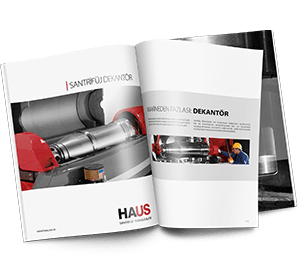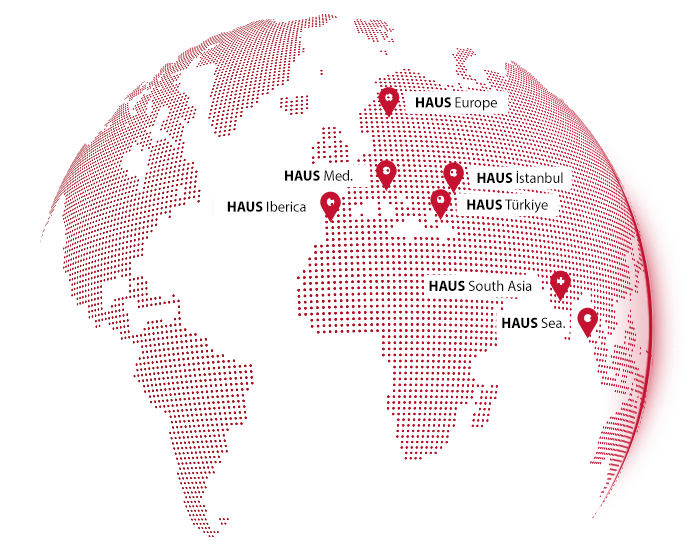With the world's population growing rapidly, sustainable food production is more important than ever. The United Nations predicts that food production will need to increase by 70% by 2050. This, combined with factors such as urbanization and consumption growth, makes the need for alternative food sources even more urgent.
Innovative Food Solutions
Alternative food sources aim to address needs that traditional agriculture cannot meet. These sources include the following products:
- Mushrooms: With more than five million species, mushrooms are known for their ability to transform organic waste into valuable compounds. Mushrooms are rich in nutrients such as iron, copper, riboflavin, niacin and dietary fiber.
- Algae: Algae account for 30% of the world's aquaculture production. They offer environmental benefits with their capacity to produce oxygen through photosynthesis and capture carbon.
- Pandanus: Pandanus tectorius, which grows in the Pacific coastal regions, stands out with its resistance to harsh climatic conditions and its nutrient-rich fruits.
- Insects: Notable for their high protein content and sustainable production methods, insects are already part of the diets of 2 billion people worldwide. The use of insects as food is particularly widespread in Asia, Africa and Latin America.
- Cultured Meat Grown in Laboratories: Unlike conventional meat production, cultured meat requires much less water, land and energy. Meat produced in this way can be customized to meet specific dietary needs and reduce the use of antibiotics. Initially costly, this process could become more affordable as technology advances. The European Food Safety Authority (EFSA) considers factors such as growth factors, culture conditions and hygiene when assessing the safety of cultured meat. Experts predict that cultured meat could be available for sale in Europe in the near future, but this process could take several years to complete.
New Food Legislation and Consumer Safety
"Novel Foods", which entered the EU market in the 1990s, are regulated in accordance with consumer safety and health standards. Novel foods have to be safe for consumers, correctly labeled and not disadvantageous in terms of nutritional value.
Steps for a Sustainable Future
From insects to mushrooms, algae to Pandanus, these alternative food sources are making their way onto our tables for a sustainable future. Policies such as the European Union's "Blue Bioeconomy - Towards a Strong and Sustainable Algae Sector" initiative support the safe and efficient use of these new food sources.
The food sources of the future are vital both to protect the health of our planet and to feed our growing population. These innovative food solutions are shaping not only our today, but also our tomorrow.
The Role of Centrifuge Machines in Food Production Processes
In the light of all this information, as HAUS, we would like to emphasize the importance of centrifuge machines once again. All the products described above are obtained as a result of a chain of processes. In obtaining alternative foods; drying, separation, extraction, etc. are the most important processes that need to be finalized in the fastest way. Because time is as important as hygiene in the production of these foods. As soon as the time is prolonged, food products exposed to oxygen and bacteria in the air are subject to deterioration. Therefore, centrifuge machines play an important role in these processes.
The advantages of centrifuge machines can be summarized as follows:
- Speed
- Energy efficiency
- Hygiene
- High capacity
Thanks to these advantages, it is ensured that the processed products are offered to the use of humanity in quantities that can meet the needs in a fast, efficient and safe manner.
As HAUS, we continue to lead our country in new processes thanks to the resources and investments we allocate to R&D. Our European Union supported ALGAEMAX (2012) project is just one of these pioneering investments. In this project, it is aimed to quickly separate the algae obtained from production environments at the desired dryness values.
As a result of long and meticulous R&D work, HAUS centrifuge products are now actively working in the production industry of insect protein, algae and vegetable milks.
For sustainability, our R&D studies on energy efficiency continue to increase in order to contribute to nature. We generate new ideas to provide the fastest, easiest, most accessible, affordable and sustainable support to our customers and the world. In order to implement these ideas, we create suitable R&D environments in our new factory. Thus, we continue to maintain our principle of always developing together with our staff who have also carried out academic studies in their fields.
In this journey, we are ready to be a solution partner with our stakeholders from all over the world in order to be beneficial not only to our country but also to the whole world.








